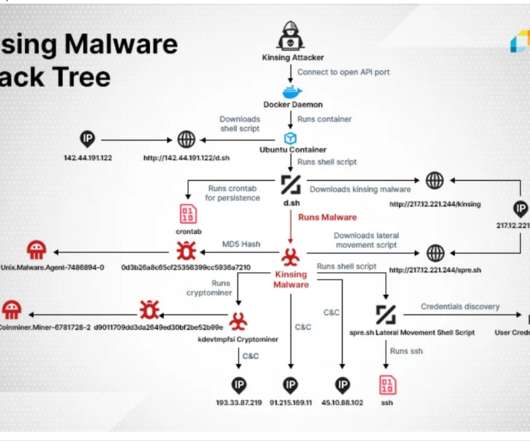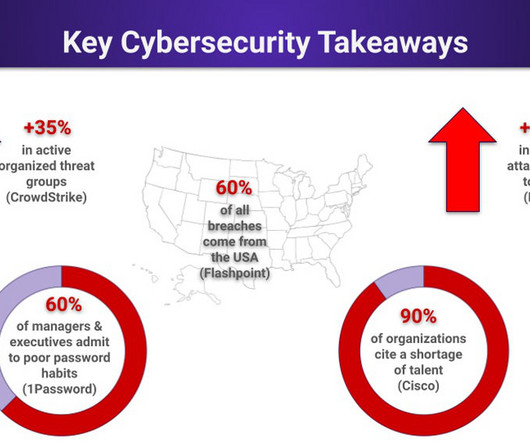A backdoor mechanism found in tens of Ruby libraries
Security Affairs
AUGUST 20, 2019
Maintainers of the RubyGems package repository have removed 18 malicious versions of 11 Ruby libraries that contained a backdoor. Maintainers of the RubyGems package repository have discovered a backdoor mechanism in 18 malicious versions of 11 Ruby libraries. It overloaded the #authenticate method on the Identity class.













Let's personalize your content